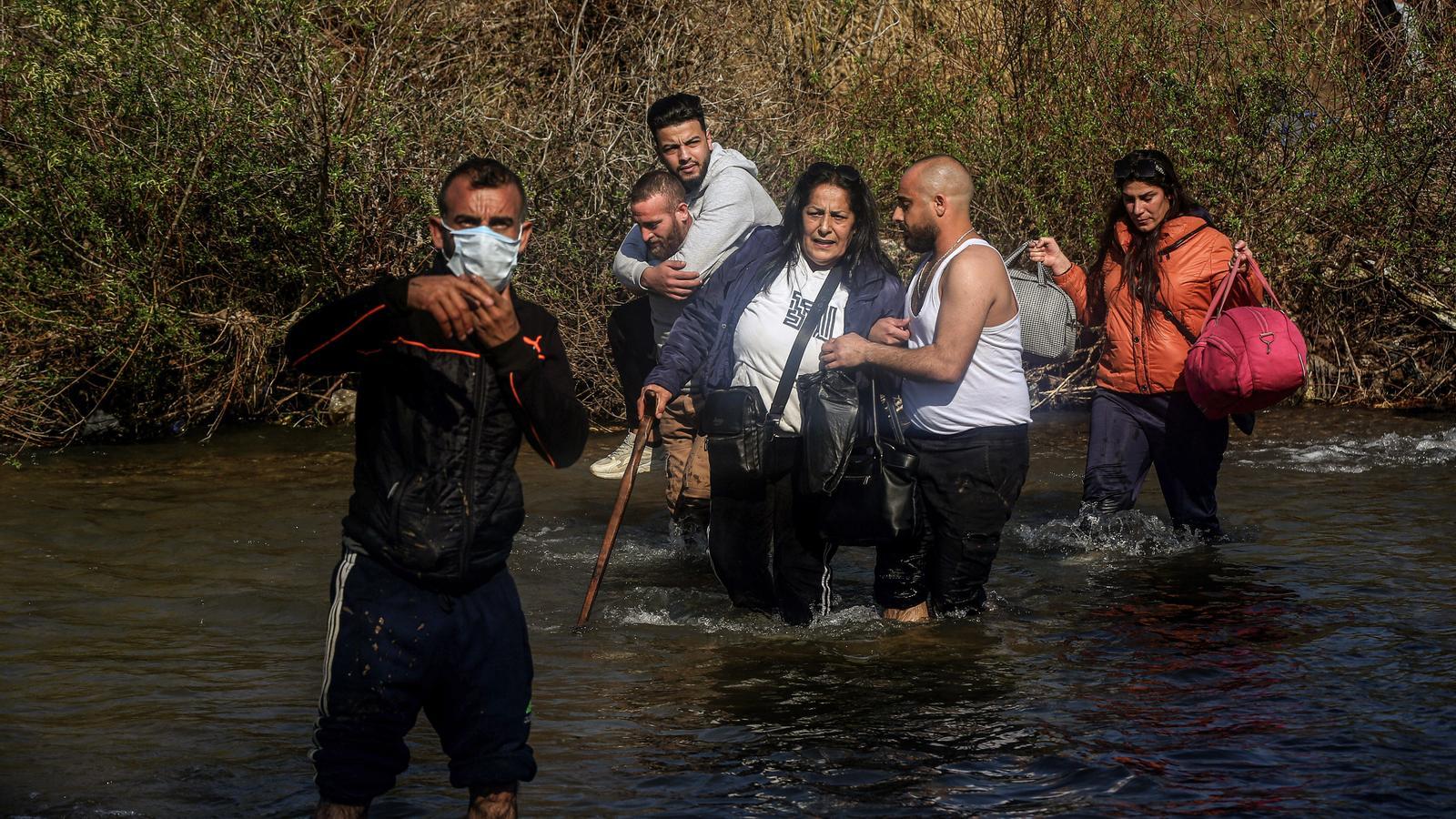Terror still dominates the Alawite regions of Syria
The minority to which Al Assad belonged denounces that it is a victim of violence and revenge by the new government in Damascus.


Latakia (Syria)Fear can still be felt on the Syrian coast, which is mostly inhabited by members of the Alawite minority. A brutal attack took place here. outbreak of sectarian violence last March. Although the incidents began with coordinated attacks by an opposition militia against loyalist forces in Damascus, most of the victims were civilians killed in the ensuing revenge. They all professed the Alawite faith, which split from Shiism ten centuries ago and to which theformer dictator Bashar al Assad. So, the Syrian President Ahmed al-Sharaa, created a commission of inquiry into the massacres, which presented its findings at the end of July amid great expectation.
According to the report's authors, the massacres against Alawite civilians "were not organized" or ordered by the country's military leadership, but rather acts perpetrated voluntarily by militiamen affiliated with the Ministries of Interior and Defense. In total, the report estimates the death toll at 1,426 and claims to have identified more than 500 perpetrators of the atrocities, belonging to both sides: Alawite insurgents and pro-government militias. However, the commission did not make their names public and left the responsibility of punishing these hundreds of suspects to Al Sharaa, which has yet to make a decision.
Five months after the massacres, fear still grips the Alawite population of the Sahel, as the Syrian coastal provinces are known. "I couldn't attend the funeral of a childhood friend because I don't dare go to the village. Few people go. The situation there is more tense than in the city. When word gets around that the [pro-government] militias are coming, people, especially young boys, flee to the cities, the main one in the city, and hide" from the city.
Movement is even more restricted for Alawite women, who only go out for essential tasks, and never after dusk. In a recent report, Reuters reported that dozens of Alawite women have been kidnapped or disappeared due to the authorities' inaction. "If you're an Alawite, anything can happen to you at road checkpoints. There are kidnappings, robberies, abuse... The internet is full of videos in which Alawites are forced to bark like dogs to humiliate them," explains FQ
Fifteen years of war
For almost 14 years of brutal civil war With a strong sectarian component, a narrative linking the entire Alawite community to the Assad regime took hold among some segments of the opposition, particularly because they are overrepresented in the security forces. Because of this, many now want to settle scores without making too many distinctions. President Al Sharaa, leader of an al-Qaeda-linked group until 2017, claims to want to protect minorities, but many do not trust the sincerity of his rhetoric.
"It's not true that the majority of Alawites were pro-Assad. And if many joined the army, it was because it was an outlet for prosperity for a traditionally poor community, made up mainly of peasants," says MA, a middle-aged writer who prefers to remain anonymous and expresses a view shared by the public.
"It's true that many Alawites gave tacit support to the regime because they believed its rhetoric, which said its fall would mean the rise to power of Sunni extremists. But the same thing happened with other minorities, such as historical politicians," notes SF, the head of . "Only those with connections to Assad benefited. Have you seen the state of the city?" he says. And he's not wrong. The streets of Latakia have the same potholes and corners piled with garbage as the rest of the cities in this war-torn country.
Another common complaint among Alawites is that the government has purged thousands of officials from this community, in addition to those who served in the army or police, under the excuse that the civil service was bloated. In a country with an anemic private sector and slow progress in reconstruction, this has driven thousands of families into destitution. "If this problem is not resolved, there will be new insurgent attacks. There will be no shortage of people willing to fight for their dignity if the government doesn't provide it," says Husein, a civil servant who has escaped the purge.
Rebuilding not only the physical but, above all, the trust between the country's various ethnic and religious communities will be an arduous task. Indeed, after the recent outbreak of sectarian violence in Druze areas, which also resulted in more than 1,000 deaths, is undoubtedly the greatest challenge facing the Syrian transition.
